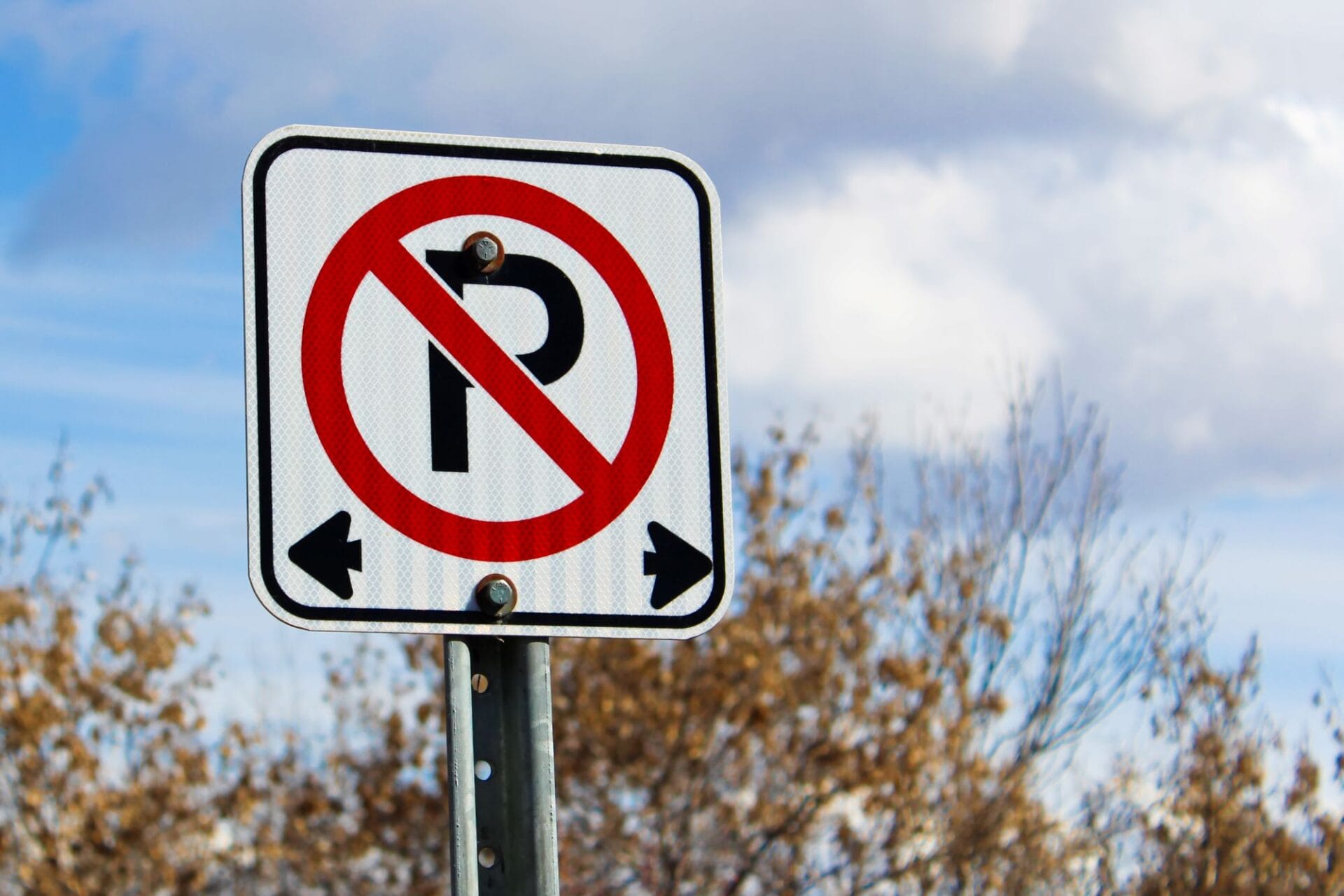If someone has strong feelings about HOAs, it’s usually because of the fees or the rules. Governed communities provide homeowners with numerous benefits, and homes often sell for more if they belong to an HOA.
But the restrictions can create issues from time to time, which is why some people prefer not to live in an HOA.
That is particularly true for people who drive larger vehicles, including pickup and commercial vehicles. Even if they need these vehicles for their job, an HOA may have the authority to prevent owners from parking those vehicles in their driveways and on the streets.
Table of contents
Parking restrictions
Can HOAs tell owners and residents where to park? It depends, but in some cases, yes.
Private vs public streets
HOAs have little to no power when it comes to public street parking regulations, however, they do have authority to create or enforce parking rules if the streets are privately owned.
If the general public can access streets within the community, chances are high that these roads are maintained by local government entities. More often than not, an HOA does not have the authority to enforce any parking or security rules over these streets (but there are exceptions where stipulations in governing documents grant an association limited power over publicly owned streets).
If the HOA is experiencing parking problems, it can ask the municipality to create bylaws to address overcrowding or illegal parking. However, only the municipality can enforce those rules.

Private streets are generally restricted to HOA residents and guests, making them easier to regulate. The HOA bears the responsibility of maintaining these types of streets, but also has the authority to dictate speed limits, overnight parking policies, etc.
Depending on the size and structure of the community, an HOA may:
- Require vehicle registration
- Designate parking zones for residents and guests
- Limit the number of cars per home
- Enforce permit systems
- Create time limits for street parking
Towing
If governing documents permit such actions, an HOA does have the authority to tow vehicles from private streets. However, the process must be fair and legal, meaning an HOA should not be towing a vehicle if it has committed only one parking infraction unless the car is jeopardizing the health and/or safety of the community (for example, if a car is parked in a fire lane).
Your state may also have towing rules that HOAs must follow, and owners generally require written notice from the HOA before a vehicle can be towed away.
Towing rules should be clearly outlined in the HOA’s governing documents to minimize anger and confusion. Put it this way; owners shouldn’t be surprised if their car gets towed.
Communities are also encouraged to have the tow company contact the onsite manager before any vehicle is removed from the property. Owners will likely come to the board or management first, and it helps if they can have answers about when and why a car was removed, and how and where it can be retrieved.
Signage
Education is the best and most effective way to reduce parking issues. Associations should clearly communicate parking rules and send reminders to all owners and residents on a regular basis.
Signage is another important part of a good communication strategy. People can’t be expected to memorize parking rules, and first-time guests wouldn’t be familiar with them at all. Signs help to clearly define parking rules for everyone in the community, regardless of whether they live there or not.
Vehicle restrictions
HOAs can dictate what type of car is and is not allowed on the property. For example, RVs may only be permitted in the community for 24 hours, giving owners enough time to pack and unload their stuff from the vehicle. Pickup truck restrictions can be more complicated. Many associations won’t ban them outright, but won’t permit owners to keep them in their driveways overnight.
The reason associations enforce limits on bigger vehicles is largely to maintain aesthetics. Some HOAs feel that these types of vehicles detract from the tidy appearance of the neighborhood (though not everyone feels that way). The concern is that these types of vehicles, which could be covered in dirt or company logos, could lower property values.
As such, HOAs may choose to place limitations on:
- Pickup trucks
- RVs
- Tow trucks
- Vehicles with signage
- Commercial vehicles
Any restrictions must be recorded in the HOA’s governing documents. Otherwise, they are not enforceable.
More leniency for (some) Florida HOA owners
In the summer of 2024, Florida passed House Bill 1203 in an effort to enhance transparency and member rights.
One law introduced significant changes to HOA parking regulations. The law specifically states that HOAs can’t prevent an owner, tenant, guest, or invitee of the owner from parking their personal vehicle, even if it’s a pickup truck, in their driveway, or any other area that owners have a right to park.
Furthermore, Florida HOAs can’t prohibit parties from parking work vehicles, even if they have signage on them, in an owner’s driveway, as long as the vehicle isn’t a commercial vehicle.
That’s good news for several truck owners…but there is a catch. So far, some HOAs have ignored this bill due to the absence of Kaufman language in their governing documents.
Kaufman language refers to the phrase “as amended from time to time,” a phrase that some HOAs include in their governing documents and covenants. It ensures that future legislative amendments automatically apply to those documents. However, without this language, only laws existing at the document’s recording date are enforceable.
As these issues begin to surface in court, the interpretation and application of new laws to existing governing documents will be a critical area of legal contention.
So far, there appears to be little appetite for this type of legislation in other states, likely because it makes it harder for HOA boards to govern.
A few experts say they could see California adopting a similar law because it has even more HOAs than Florida. There’s also a shortage of homes there, and some parking restrictions make it harder for people who work manual labor jobs to secure housing in governed communities.
Validity of rules
While parking and vehicle restrictions are permitted, HOAs must ensure their rules are fair and enforceable.
Rules are generally deemed unenforceable if they:
- Violate rights or contradict laws
- Are enacted incorrectly
- Have been enforced selectively
- Do not exist in any formal HOA documents
Rules should serve the community as a whole. They can help to uphold a certain quality of life, maintain the aesthetics of the community, keep owners safe, or improve productivity for the association. Rules should never be created to appease the desires of a few individuals.
Is it possible for an HOA to have too many rules? Yes. As such, boards must be careful when creating or amending rules.
Interested to learn more about what associations can and can’t do? Click here.






















